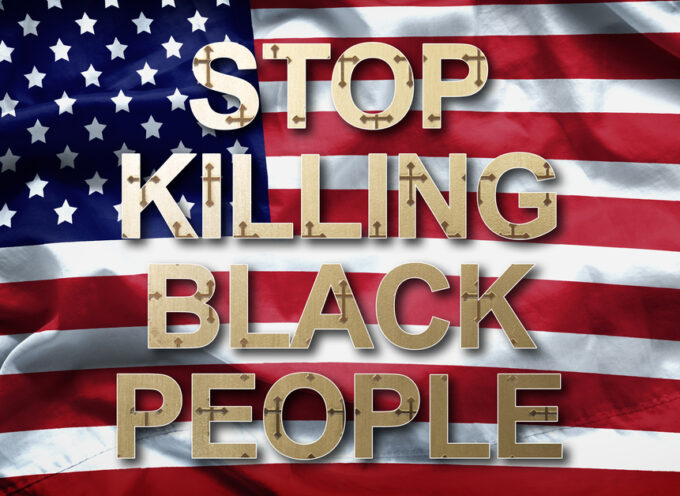Postmodern politics and activism will, by nature, never accomplish their goals. Precisely because they draw upon standpoint theory and deals in perpetual grievances, its work will never be complete. There will always be a new standpoint from which to deliver a withering critique of the inherent badness of American society. There will always be new grievances to add to the coalition.
This fact brings us to the topic of Disability Studies and Fat Studies. These phenomena should not be confused with sensible and good-willed gestures to respect people with disabilities or obesity or to provide accommodations for them. Instead, they are phenomena which—like other forms of postmodern politics and activism—wish to question biological norms, dismiss scientific studies, and inflate the grievance industry.
What is “Disability Studies”?
In the 1960s, disability activists engaged in a helpful campaign to help American society be more accommodating of disabled people. Out of that activism, many American businesses and government facilities provided physical accommodations for person with various disabilities. Further, many Americans learned to be more accommodating in their personal lives.
But by the 1980s, disability activism took a postmodern turn and began to focus on “disability” as a social construct. Thus, the rise of Disability Studies, which view disability as something that does not reside in the individual but instead is a concept imposed by society. A person is “disabled” only in the sense that the person doesn’t meet society’s expectations. In other words, the older activism was done within a traditional framework of thought and with respect for medical science, while the newer activism focuses on group identity and rejects medical science.
What are “Ableism” and “Medicalization”?
The new activism talks a lot about “ableism.” It dismisses “ableism” as a problematic social assumption that a person is generally better off abled-bodied than disabled. It says that ableism pervades society’s power structures. It also rejects “medicalization,” which it views as the oppressive attempt by the medical community to help disabled people become more able and to help obese people become healthier. The new activists view medical knowledge as no more helpful than other types of knowledge.
Thus, under this view, disabled people should leverage their identity to subvert social norms, to overturn traditional categories about health and ability. For the activists, it is not enough to accept one’s disability and embrace reality in a positive manner; instead, one’s disability should be politicized. (In this way, the new activism is the reverse of Cognitive Behavior Theory.)
What is Fat Studies?
Fat Studies—also known as Fat Acceptance or Fat Pride—is very similar to Disability Studies. It rejects the traditional approach, which seeks to accept overweight people and if possible help them to become more healthy. In its place, Fat Studies argues that the concept of “fat” is a social construct, and that society’s view of obesity is akin to racism or homophobia. Popular fat activism stems from organizations such as the National Association to Advance Fat Acceptance (NAAFA) and the Fat Underground.
Fat activists reject the view that obesity is a dangerous and treatable medical condition; they label this view “fatphobic.” Predictably, it rejects medical conclusions that obesity generally is caused by consistently consuming too many calories or the wrong type of calories. Fat Theorists like Charlotte Cooper even reject the “body positivity” movement because it places responsibility on individuals rather than placing it exclusively on society. She and others also reject “healthism” (emphasizing the value of health) and “nutritionism” (excessive focus on the importance of foods with nutritional value).
What Should Americans Think about Disability Studies and Fat Studies?
Sadly, disability and fat activism are among the most irrational and ideologically driven forms of scholarship-activism. They endanger disabled and fat persons when they dismiss medical science and biological realities. Further, they are tone-deaf to the many obese or disabled people who don’t want to celebrate their obesity or disability and who, if possible, want medical science to find an effective treatment or remedy. Plus, many of us find it odd—but predictable—that disability activists refuse medical labels but then turn around and label themselves for the purpose of political empowerment.
In sum, early forms of disability activism were helpful, urging society to accommodate disabled people and urging disabled people to adapt themselves positively to society. Yet, later forms are harmful and incoherent. While it was fine for earlier activists to recognize the reality of disability and to embrace medical science, it is not acceptable for postmodern activists to endanger disabled and fat people and to by disincentivizing medical mitigation of disability. Further, the postmodern focus on disability as an identity tends to devalue other, more significant, aspects of the disabled individual’s personhood.
Subscribe
Never miss a post! Have all new posts delivered straight to your inbox.







